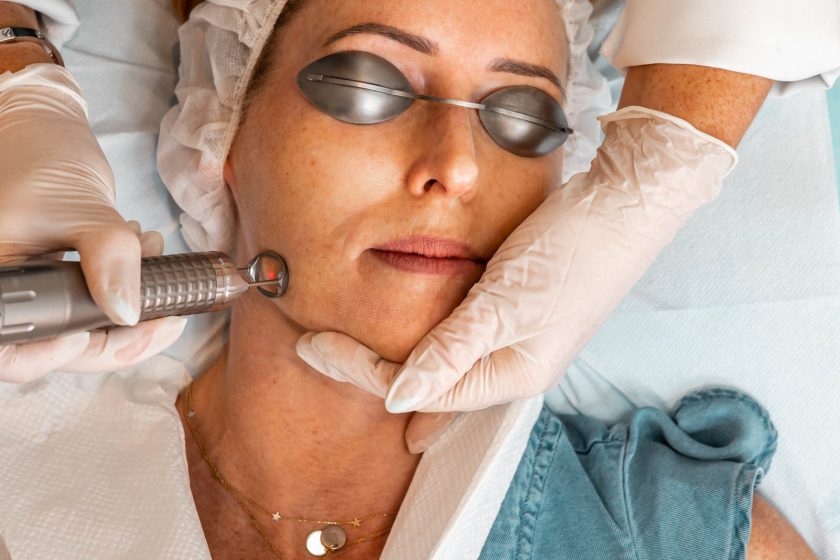November 26, 2024 By admin
What Are The Side Effects Of Common Acne Medications?
Acne medications are commonly prescribed to manage and treat acne, a skin condition that affects millions of people worldwide. While these treatments can be effective in reducing acne outbreaks and improving skin appearance, they often come with side effects. Understanding these side effects can help you make informed decisions when selecting an acne treatment Dubai that suits your skin type and health needs.
Topical treatments: Retinoids and benzoyl peroxide
Retinoids, such as tretinoin, are a popular topical treatment for acne. They work by speeding up cell turnover, preventing clogged pores. However, common side effects include dryness, redness, and peeling of the skin, especially when first using the product. Some people may experience an initial “purging” phase where acne temporarily worsens before it improves. It can also increase skin sensitivity, particularly to sunlight, so using sunscreen is essential.
Benzoyl peroxide
Benzoyl peroxide is another common topical medication that kills the bacteria responsible for acne. While effective, it can cause skin irritation, redness, and dryness. People with sensitive skin may experience excessive peeling or itching. It can also bleach fabrics, so users should be careful when applying it near clothing or towels.
Oral antibiotics
Oral antibiotics like doxycycline and minocycline are often prescribed for moderate to severe acne. They work by reducing inflammation and bacteria in the skin. Common side effects include gastrointestinal issues such as nausea, upset stomach, and diarrhoea. Tetracyclines can also increase sensitivity to the sun, making users more prone to sunburns. In rare cases, minocycline can cause more serious side effects like dizziness, headaches, or even autoimmune reactions.
Oral contraceptives (for acne treatment)
Oral contraceptives, particularly those containing estrogen and progestin, are sometimes used to treat acne by regulating hormones that trigger breakouts. While many women experience improvements in their acne, side effects can include mood changes, nausea, and weight gain. Rarely, these medications may increase the risk of blood clots or high blood pressure.
Isotretinoin (Accutane): Severe acne treatment
Isotretinoin, often sold under the brand name Accutane, is a potent oral medication prescribed for severe acne. It is highly effective but carries a risk of significant side effects. Common issues include dry skin, lips, and eyes, as well as joint pain. It can also cause birth defects, so women must use two forms of birth control while on the medication. In rare cases, isotretinoin has been linked to mood swings, depression, and suicidal thoughts, which requires close monitoring.
